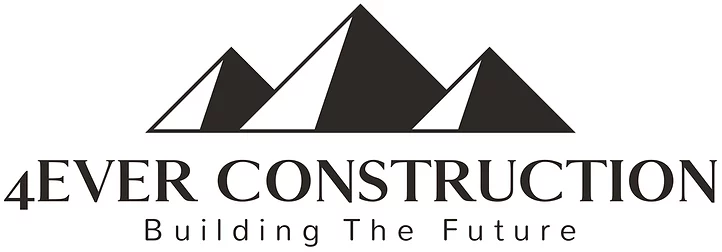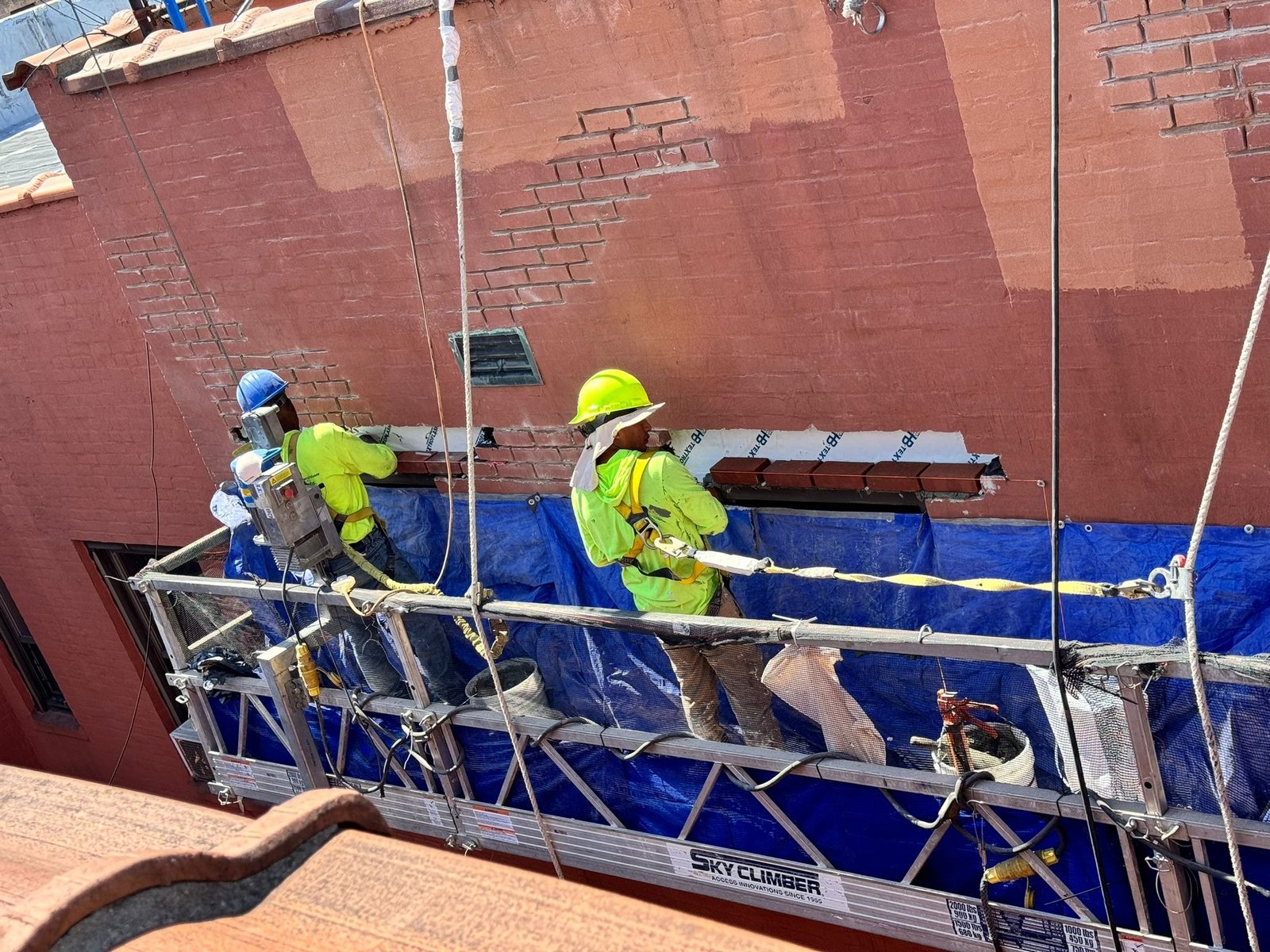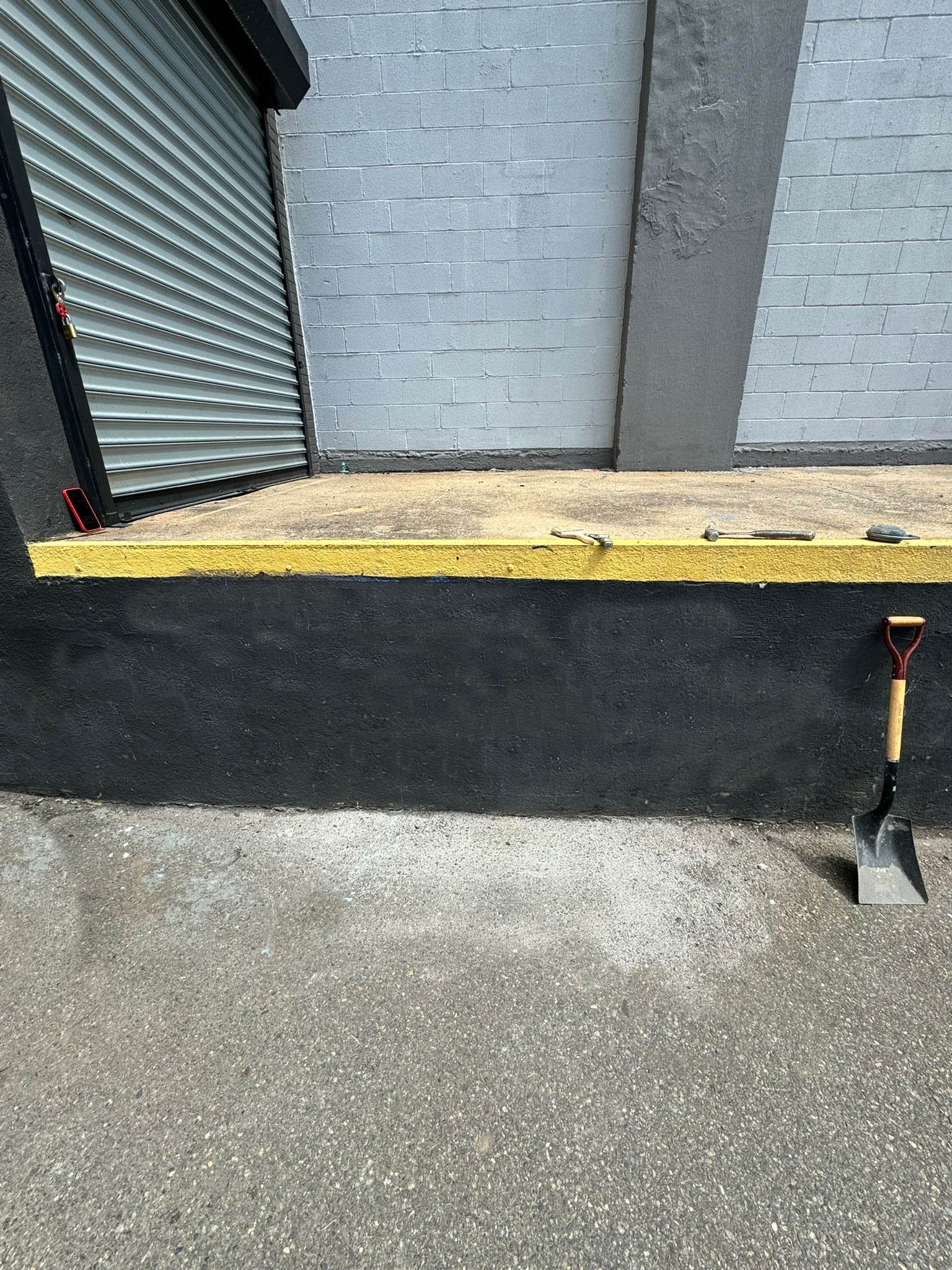Local Law 11: Essential Information for New Yorkers
The important law in New York City that protects the integrity and safety of building facades is Local Law 11. It is sometimes referred to as the Facade Inspection Safety Program (FISP). For structures taller than six storeys, this rule requires routine maintenance and inspections of the external walls and appurtenances. New Yorkers should be aware:
Purpose and Scope
The main objective of this Local Law is to safeguard public safety by averting mishaps brought on by falling objects from building facades. Facade inspections are important for buildings with more than six floors, every five years. A qualified external wall inspector (QEWI), usually a certified architect or engineer, is required to conduct these inspections.
Inspection Cycles
The routine inspection cycles guarantee ongoing building facade upkeep and monitoring. For this purpose, the last digit of the building’s block number is used to split the five-year inspection cycle into smaller cycles. By using a methodical approach, the effort is more equitably distributed around the city and timely inspections are guaranteed.
Inspection Process
Thorough inspections are essential in order to detect possible risks. The QEWI thoroughly inspects the facade to find any dangerous elements, like loose bricks, fractures, or crumbling mortar. Both visual evaluations and practical examinations are part of the inspection, especially for regions exhibiting distress signals.
Reporting and Repairs
Compliance and safety depend on accurate documentation and timely fixes. Following the inspection, the building facade is categorized as Safe, Safe with a Repair and Maintenance Program (SWARMP), or Unsafe in a report that the QEWI delivers to the NYC Department of Buildings (DOB). When a building is declared unsafe, necessary repairs must be made after taking quick measures to reduce risks.
Penalties for Non-Compliance
The safety of the public and building integrity depends on compliance. Thus, serious fines and penalties may be incurred for breaking 11th Local Law. In the event that harmful problems are not addressed or inspection reports are not submitted, buildings may be penalized up to $1,000 per month until compliance is restored.
Benefits of Compliance
Compliance not only guarantees safety but also increases the longevity and value of buildings. By addressing problems early on, routine facade maintenance helps avoid costly repairs. Additionally, it strengthens the building’s structural integrity and visual appeal, which could raise its market value. Moreover, tenants and the neighborhood may find it comforting that compliance shows a dedication to responsibility and safety.
Conclusion
In order to preserve the structural integrity and safety of the buildings in New York City, Local Law 11 is an important requirement. Property owners and managers can safeguard the public and their assets by knowing and abiding by this regulation. It will ultimately ensure the durability and safety of their buildings. Contact 4Ever Construction for expert facade maintenance and inspection services. Our skilled staff is committed to guiding you through the challenges of complying with Local Law so that your building is kept safe and secure.



